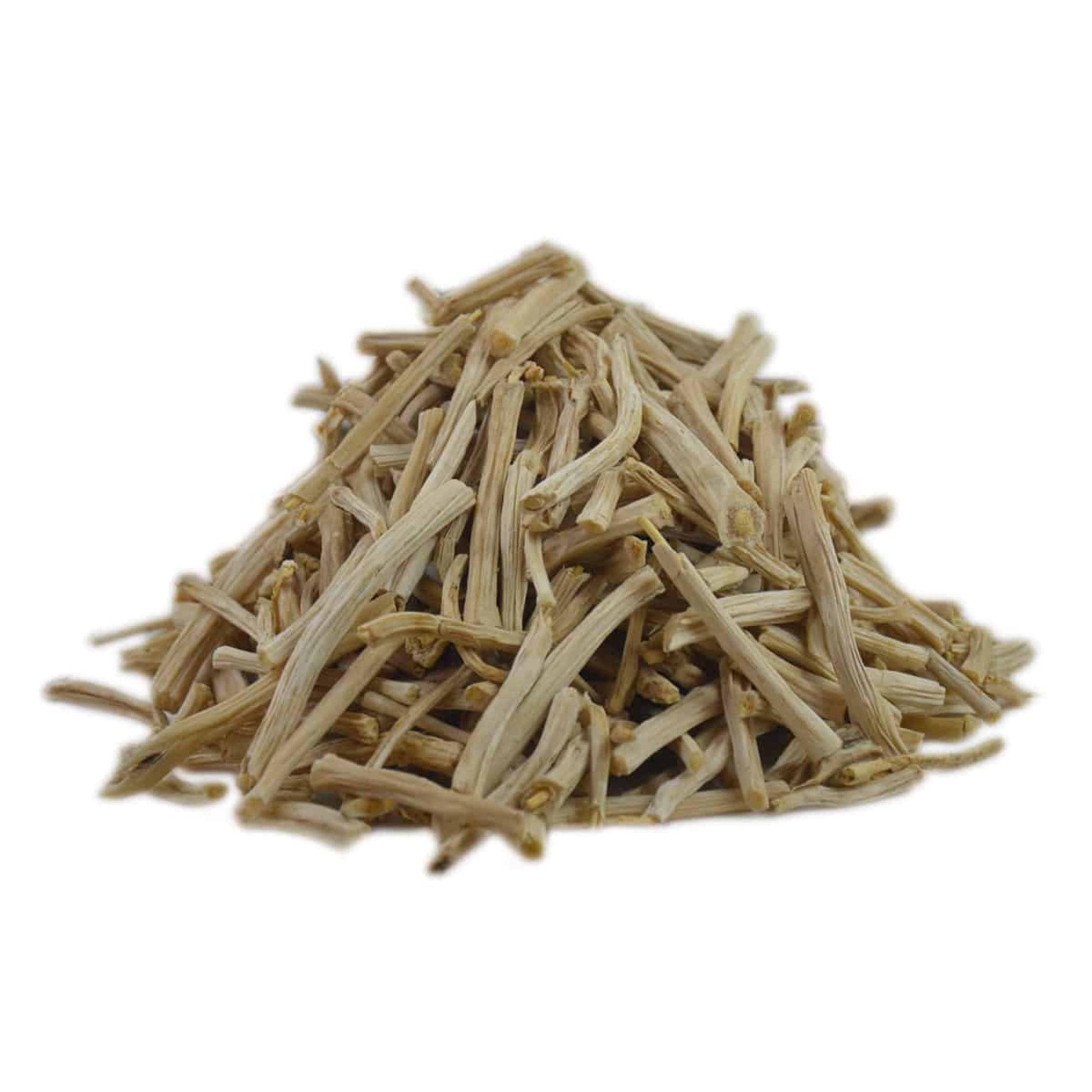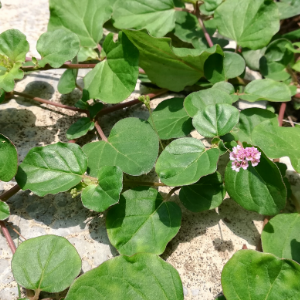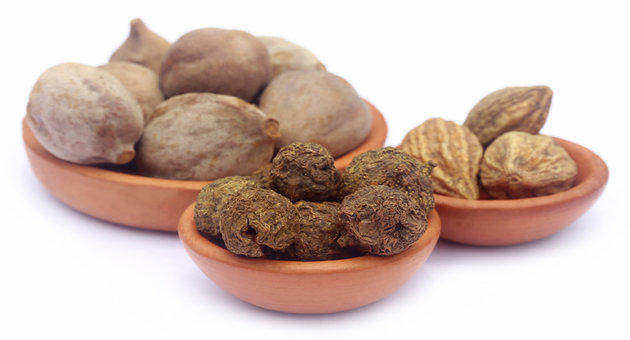Overview
Anemia, a condition characterized by a deficiency of red blood cells or hemoglobin, can lead to fatigue, weakness, and a range of health issues. While conventional medicine offers solutions, Ayurveda, the ancient Indian system of medicine, provides a holistic approach to address anemia. In this article, we delve into the causes, symptoms, and explore the best Ayurvedic medicine for anemia.
What is Anemia?

Anemia results from various factors, including inadequate production of red blood cells, blood loss, or destruction of red blood cells. Common symptoms include fatigue, weakness, pale skin, and shortness of breath. Anemia can be caused by nutritional deficiencies, chronic diseases, or genetic factors.
Causes of Anemia
Iron Deficiency: The most common cause of anemia worldwide, insufficient iron hinders the body's ability to produce hemoglobin, resulting in reduced red blood cell formation.
Vitamin B12 Deficiency: B12 is crucial for red blood cell production. An inadequate supply of this vitamin can lead to a type of anemia known as megaloblastic anemia.
Folic Acid Deficiency: Folic acid is essential for DNA synthesis and red blood cell formation. Its deficiency can contribute to megaloblastic anemia as well.
Chronic Diseases: Conditions such as chronic inflammation, autoimmune disorders, and certain cancers can disrupt the normal production and lifespan of red blood cells.
Genetic Factors: Inherited disorders like sickle cell anemia and thalassemia affect the structure and function of hemoglobin, leading to chronic anemia.
Blood Loss: Excessive bleeding due to trauma, surgery, menstrual disorders, or gastrointestinal conditions can deplete the body's red blood cell count.
Poor Absorption of Nutrients: Malabsorption disorders, such as celiac disease or Crohn's disease, can impair the absorption of iron, vitamin B12, and folic acid, contributing to anemia.
Symptoms of Anemia
Fatigue: A persistent feeling of tiredness or weakness is a common symptom of anemia due to reduced oxygen-carrying capacity in the blood.
Pale Skin: Anemia often leads to a paler complexion as a result of decreased hemoglobin and red blood cells.
Shortness of Breath: Inadequate oxygen supply to tissues can cause difficulty breathing, particularly during physical exertion.
Dizziness and Lightheadedness: Insufficient oxygen reaching the brain can result in feelings of dizziness or lightheadedness.
Cold Hands and Feet: Poor circulation due to decreased red blood cell count may lead to colder extremities.
Headache: Anemia can cause headaches, especially those that worsen with physical activity.
Irregular Heartbeat: In severe cases, the heart may compensate for the lack of oxygen by beating irregularly or more rapidly.
Cognitive Issues: Anemia can affect cognitive function, leading to difficulty concentrating and memory problems.
Brittle Nails and Hair Loss: Insufficient oxygen supply may impact the health of nails and hair, causing brittleness and hair loss.
Top Ayurvedic Herbs for Anemia
Ashwagandha - Best Ayurvedic Medicine for Anemia

Ashwagandha, an adaptogenic herb, is renowned for its rejuvenating properties. It helps combat stress and fatigue, common symptoms of anemia. Ashwagandha also supports the production of red blood cells, making it an excellent choice for those seeking a natural remedy for anemia.
Shatavari - Best Ayurvedic Medicine for Anemia

Shatavari, known for its nourishing qualities, aids in blood formation and circulation. Rich in iron, it helps boost hemoglobin levels and improves energy. Shatavari is a valuable herb for women experiencing anemia due to menstrual issues or pregnancy.
Punarnava - Best Ayurvedic Medicine for Anemia

Punarnava is renowned for its ability to balance the doshas, particularly in cases of anemia caused by imbalances in the body. This herb supports kidney function, helps manage fluid retention, and enhances blood circulation, making it a comprehensive solution for anemia.
Triphala - Best Ayurvedic Medicine for Anemia

Triphala, a combination of three fruits – Amalaki, Bibhitaki, and Haritaki, is a potent Ayurvedic formulation. It aids digestion, enhances nutrient absorption, and promotes detoxification. Triphala supports overall health, making it beneficial for individuals dealing with anemia.
Conclusion
Ayurveda offers a holistic approach to address anemia by focusing on the root causes and promoting overall well-being. Ashwagandha, Shatavari, Punarnava, and Triphala stand out as the best Ayurvedic medicines for anemia, each offering unique benefits to support the body's natural healing processes.
FAQs
Q1: Can Ayurvedic medicine alone treat severe cases of anemia?
Ayurvedic medicine can be effective in managing anemia, especially when tailored to individual needs. However, severe cases may require a combination of Ayurvedic and conventional approaches for optimal results.
Q2: How long does it take for Ayurvedic herbs to show results in treating anemia?
The timeline for improvement varies among individuals. Consistent use of Ayurvedic herbs, along with a balanced diet and lifestyle, usually yields positive results within a few weeks to months.
Q3: Are there any dietary recommendations to complement Ayurvedic treatment for anemia?
Yes, maintaining a diet rich in iron, vitamin B12, and folic acid is essential. Ayurvedic dietary principles, such as consuming easily digestible foods and avoiding incompatible food combinations, also contribute to the effectiveness of the treatment.












